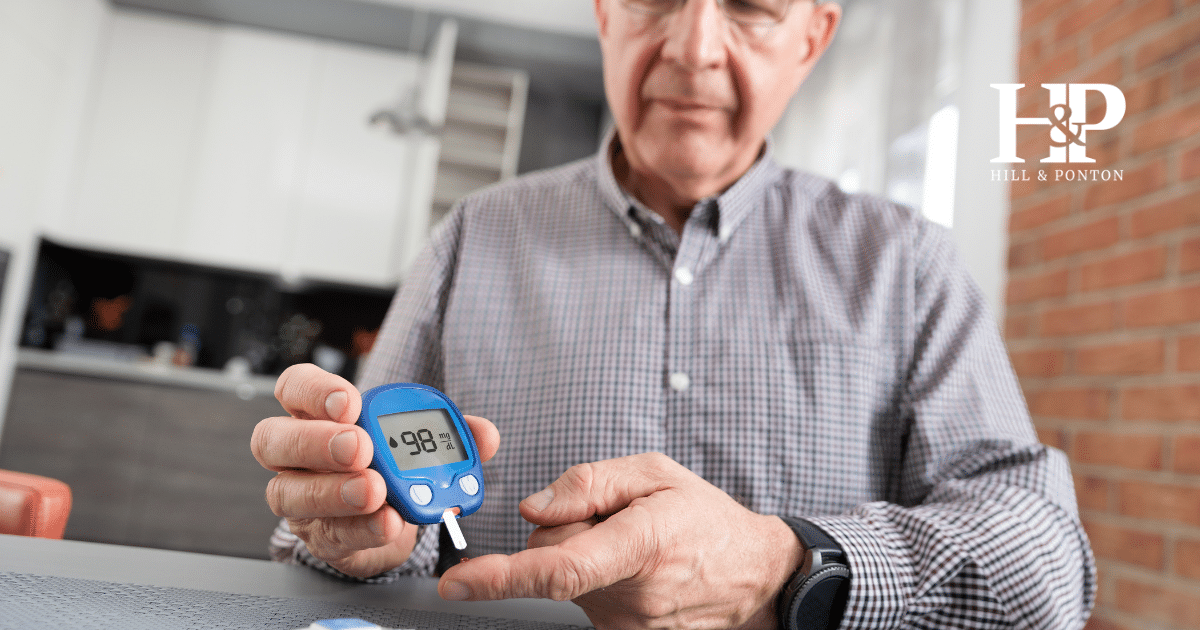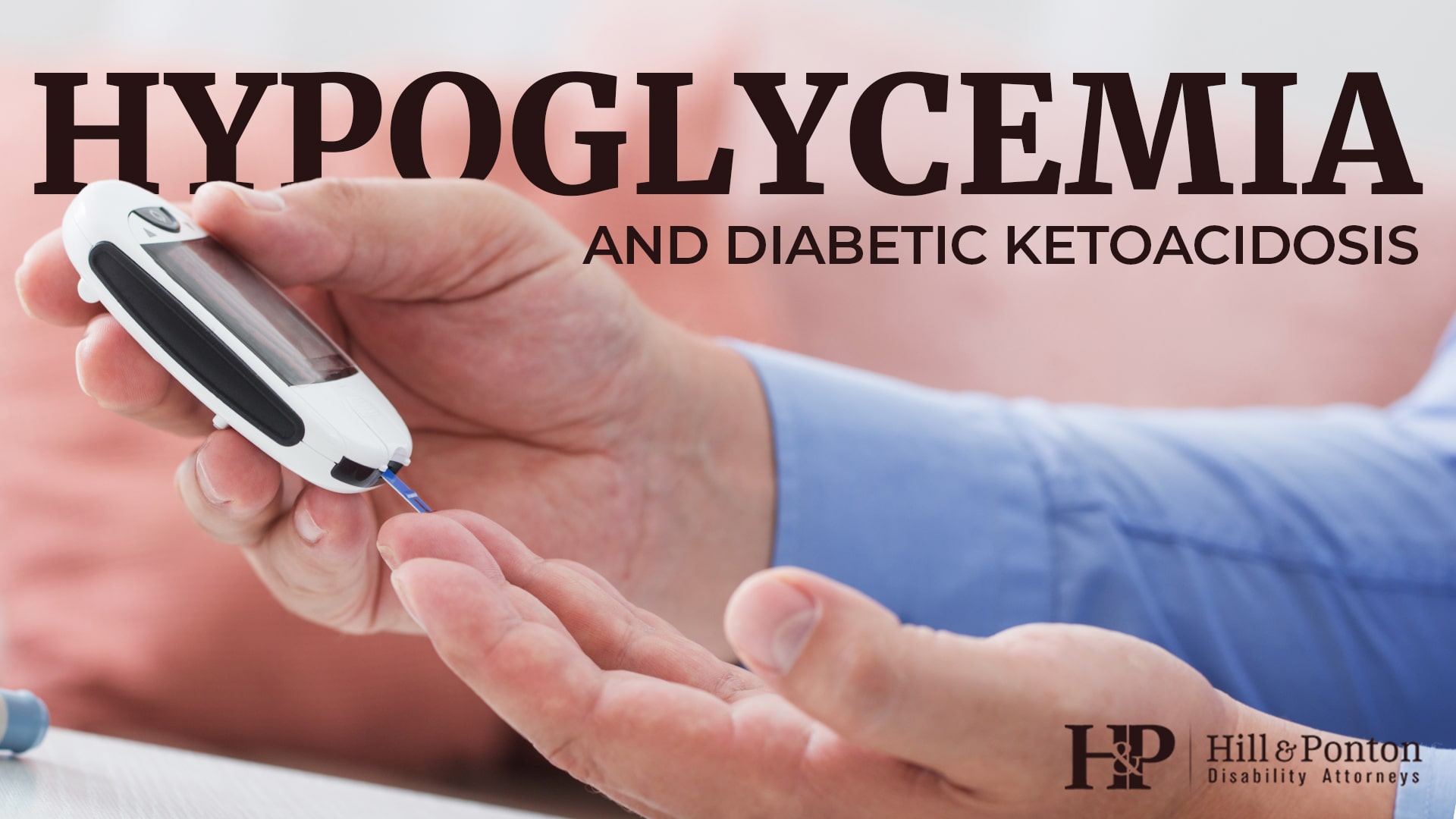Agent Orange, a powerful herbicide used by the U.S. military during the Vietnam War, has long been associated with a range of serious health conditions. Among these is Type 2 diabetes, a chronic condition that affects the way your body processes blood sugar.
This connection between Agent Orange and diabetes has been the subject of significant research, leading to the recognition of diabetes as a presumptive condition for veterans exposed to the herbicide.
Master the VA Disability Claims Process
Does Agent Orange Cause Diabetes?
The question of whether Agent Orange causes diabetes has been extensively studied over the years. Scientific research, including reports from the National Academy of Sciences, has provided compelling evidence linking exposure to Agent Orange with the development of Type 2 diabetes. The VA acknowledges this connection, stating that veterans who were exposed to Agent Orange during their service and later developed Type 2 diabetes are eligible for presumptive service connection and compensation.
A study published by the National Institutes of Health (NIH) in their Veterans and Agent Orange: Update 2012 (available here) found that there is sufficient evidence to associate exposure to dioxin, a toxic component of Agent Orange, with an increased risk of developing Type 2 diabetes. This is further supported by research indicating that dioxin disrupts normal glucose metabolism, leading to insulin resistance, a hallmark of Type 2 diabetes.
How Exactly Does Agent Orange Cause Diabetes?
The exact mechanism by which Agent Orange causes diabetes is complex and involves the toxic effects of dioxin on the body’s metabolic processes. Dioxin is known to interfere with the body’s endocrine system, particularly affecting insulin production and glucose metabolism. This disruption can lead to insulin resistance, where the body’s cells do not respond properly to insulin, resulting in elevated blood sugar levels— a key characteristic of Type 2 diabetes.
A study published in Science (available here) delves into the biochemical pathways influenced by dioxin, highlighting how this exposure can lead to chronic health conditions, including diabetes. The study’s findings underscore the importance of recognizing the health impacts of dioxin, especially for veterans who may have been exposed to Agent Orange.
Type 2 Diabetes as a Presumptive Condition
For veterans exposed to Agent Orange, Type 2 diabetes is considered a presumptive condition by the VA. This means that if you served in Vietnam or another area where Agent Orange was used, and you later developed Type 2 diabetes, the VA will automatically presume your condition is related to your military service. You won’t need to prove a direct connection between your exposure to Agent Orange and your diabetes.
To qualify for VA disability benefits for Type II diabetes as a presumptive condition linked to Agent Orange exposure, veterans must meet the following requirements:
- Have a diagnosis of adult-onset diabetes mellitus (Type II)
- Received a discharge that is not dishonorable
- Served in one of these areas:
- the Republic of Vietnam between January 9, 1962, and May 7, 1975
- Thailand from 1962-1976
- Guam and America Samoa from 1962-1980
- Laos from 1965-1969
- Cambodia in 1969
- Johnston Atoll from 1972-1977
Other qualifying circumstances include:
- Service near the Korean Demilitarized Zone (DMZ) from September 1, 1967, to August 31, 1971
- Serving aboard U.S. military vessels in Vietnam’s inland waterways or coastal regions
- Serving in locations where herbicides were stored or tested
Agent Orange Diabetes Compensation Amount
For veterans diagnosed with diabetes from Agent Orange exposure, the VA offers disability compensation. The compensation amount varies based on the severity of the condition and its impact on the veteran’s ability to work. Typically, the VA rates diabetes from 10% to 100%, depending on whether the condition requires diet management, insulin therapy, or has resulted in complications like kidney disease or neuropathy.
For example, a 20% disability rating is given for diabetes managed with oral medications and diet, while a 40% rating is for cases requiring insulin injections and a restricted diet. Veterans with severe complications that significantly impair their quality of life may be eligible for a 100% disability rating.
2025 VA Disability Calculator
Quickly calculate your combined VA disability rating and see the compensation you should receive.
Learn MoreMaking a VA Disability Claim for Diabetes Caused by Agent Orange
Veterans who believe they have developed diabetes from Agent Orange exposure should file a claim with the VA. The process involves submitting medical evidence of the diabetes diagnosis and proof of service in Vietnam or another location where Agent Orange was used. The VA will review the evidence and assign a disability rating, which determines the compensation amount.
The link between Agent Orange and Type 2 diabetes is well-established, with significant research supporting this connection. Veterans who were exposed to Agent Orange and later developed diabetes are entitled to compensation from the VA. Understanding how to navigate the claims process and what to expect in terms of compensation can help veterans secure the benefits they deserve.




